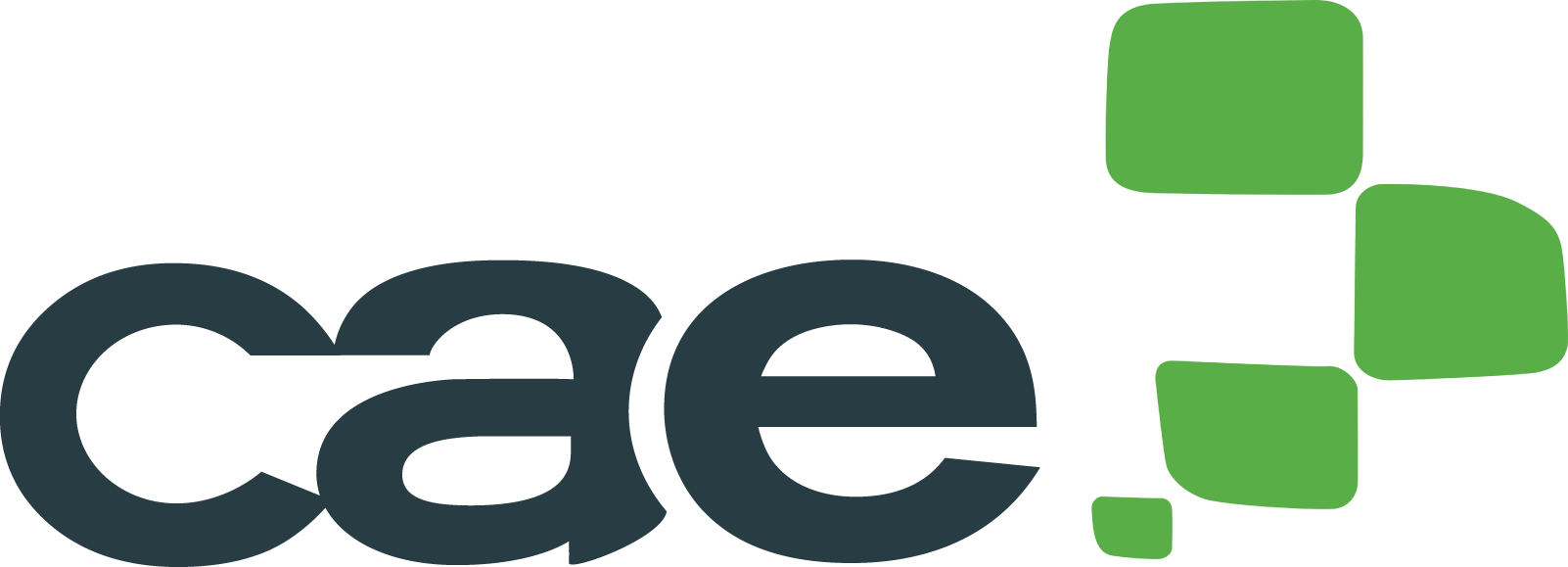Many public institutions specify the e-learning platform requirements that must be met in order to provide training programmed by companies for their workers.
Public institutions make the e-learning platform requirements to be met known in order to grant courses in online format. Public institutions normally explain how the tutorials should be carried out, how evaluation should be carried out and the documentation that should be provided to certify that the training has met the corresponding requirements.
At CAE we explain what requirements are usually requested in order to deliver online training and how our e-learning platforms (Voluxion, Dexway and Verxact) meet the conditions required by public institutions.

E-learning platform requirements that must normally be met
Training is carried out online (e-learning, virtual training, etc.) when it is carried out through a training platform that allows the interaction of participants, tutors and resources located in different places.
This definition serves as an introduction to explain the main requirements that e-learning platforms or virtual platforms, such as those we have at CAE, must meet. The most relevant technical requirements are:
Technical requirements of the platform
- Interactivity: interaction between participants and tutor/s must be guaranteed through the flow of the e-learning platform itself, which provides information on learning.
- Possess the appropriate licenses for the use of the platform.
- Availability 24×7.
- Simultaneous access to all possible users, guaranteeing the necessary bandwidth.
- Periodical back-ups to guarantee the recovery of all the data in the event of the system failure.
- Compliance with data protection laws.
- Accessibility mode.
- Compatibility with multimedia content: support for video, audio and image resources.
Activity tracking
- Tracking of connection times: connection and interaction times of the participants between the start and end dates of the course.
- Student tracking: the student must complete the learning itinerary in accordance with the sequence designed for the contents of the course, between the designated start and end dates.
- Assessments: the assessments must be distributed throughout the course.
- Tutorial assistance: registration of the interaction between participants and tutor-trainer.
- Record of interactivity through communication tools.
- Record of interactivity between participants. It is desirable that the platform allows participants to know which participants of their course and group are logged in at the same time in order to connect with them for the sharing of content, questions, etc. and thus contribute to learning.
- Final evaluation control: it is desirable that an assessment is included at the end of the training action.
Communication tools
- Forum and chat
- Others (messaging, mail, videoconference)
- Course event calendar.
- Course-related information area. News, website links, etc.
- Viewing users online
Training content on e-learning platforms
The training content must be interactive, so that the tutors always have information about the student’s progress, which allows them to optimize the student’s performance. The content must be available through the platform and have audiovisual support that makes learning easier (PDF documents are not considered e-learning).
Organization of training
- Have a didactic guide for the course.
- Have an online manual.
- Have frequently asked questions.
These are the main e-learning platform requirements.
Our products meet the e-learning platform requirements that are normally required.
One of the main concerns of companies that want to start e-learning through subsidized courses is the choice of an e-learning platform (LMS) that meets the requested requirements.
Now that we have seen the requirements that a virtual platform must meet, it is time to detail how CAE has achieved compliance for their e-learning platforms in order to meet the requirements demanded by public institutions.
Since 1981, our main objective has been to help professionals from companies and educational institutions to improve their training by making the most of specialized technology in education. Thanks to the development of online educational platforms such as Voluxion, Dewxay or Verxact we have achieved this. Among other things, these virtual platforms to support e-learning training offer:
- Access to the didactic guide, explaining how the training will be carried out.
- Details of the objectives of the course, the calendar, training modules, evaluations, tutoring systems, training hours…
- A guarantee of tutorial assistance (internal messaging).
- The creation of training groups.
- The facilitation of interaction between the participants and the tutor and between the participants themselves, through the forum, chat or videoconference.
- Activity tracking and the interaction of each of the participants with the content.
- Assessed learning and/or self-assessment tests to be carried out.
- Accessibility mode.
These platforms are practical and flexible and we guarantee that they comply with the requirements demanded by public institutions. If you are currently in the process of choosing an e-learning platform, at CAE we will offer you more than 40 years of experience in the sector to help you with everything you need. Contact us and discover CAE products.

